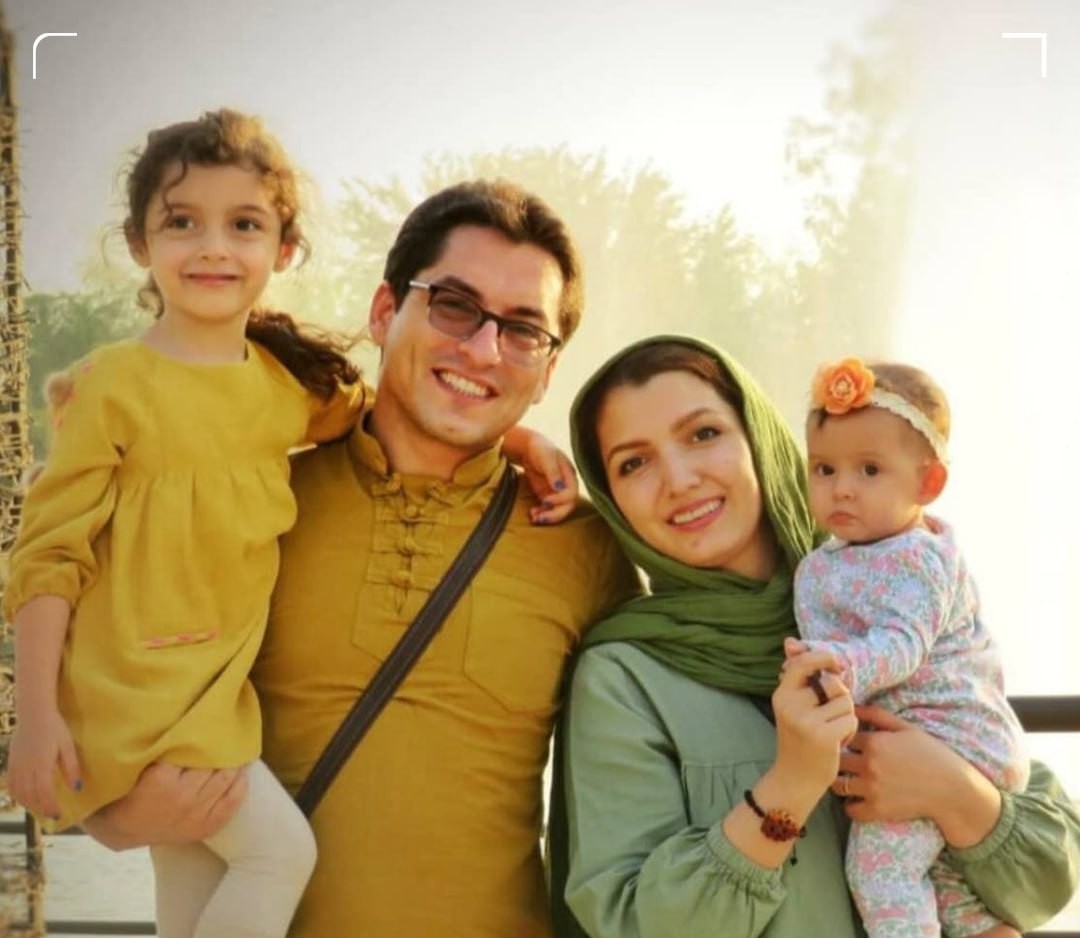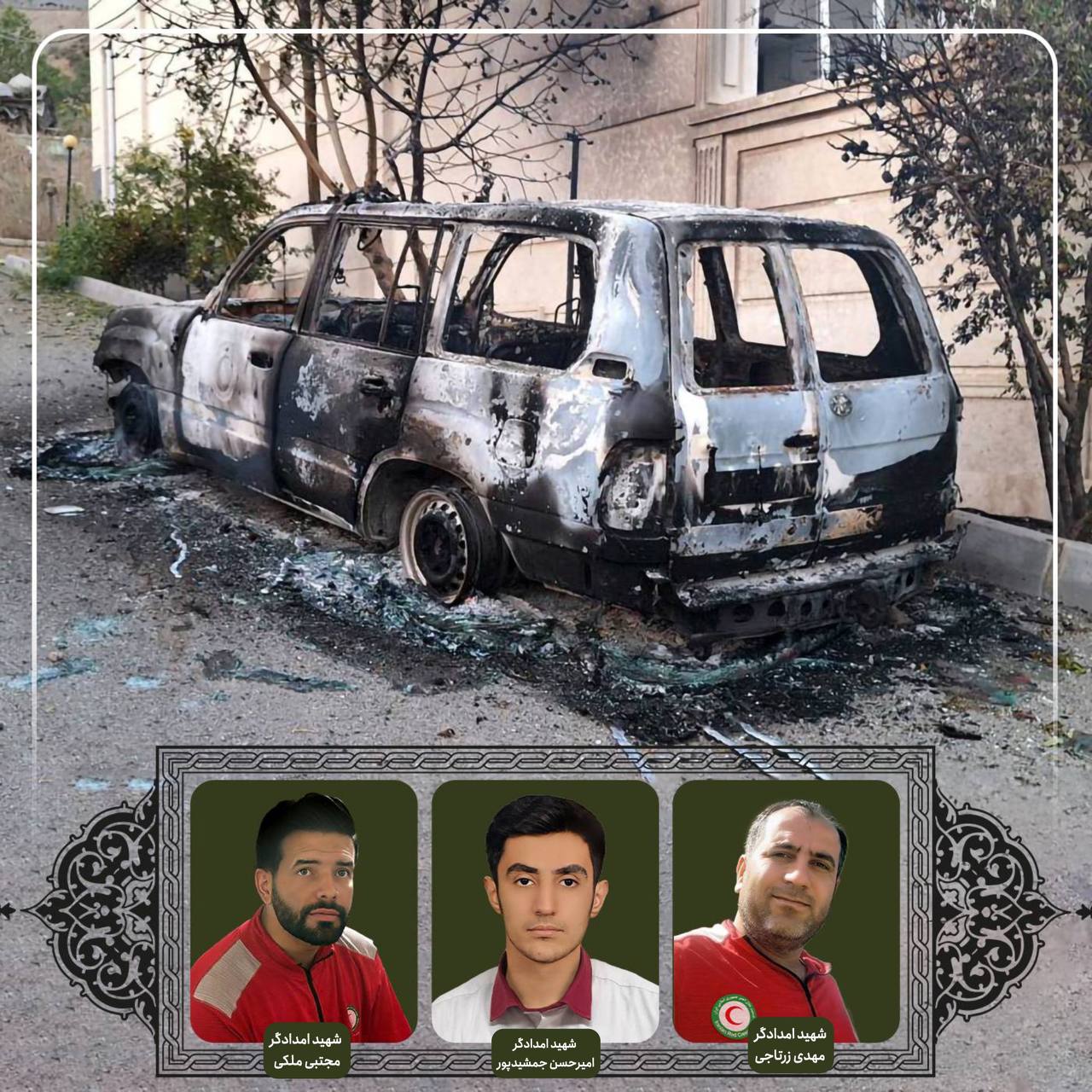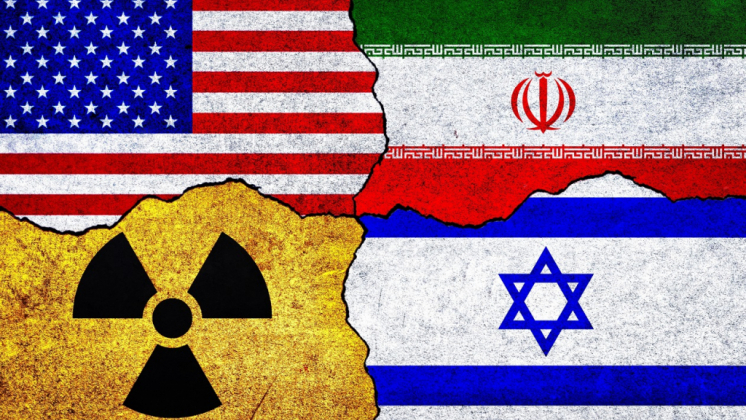Crimes of Israel and the United States in Violating International Law and the Necessity of Global Accountability
Human Rights Crisis and Systematic Violations of International Law
In recent months, the world has witnessed an unprecedented escalation of military violence against civilians and vital infrastructure in the region. The Zionist regime, through direct attacks on hospitals, schools, and residential areas in Gaza, Lebanon, and Iran, has committed clear war crimes in blatant violation of the Geneva Conventions and international law. Meanwhile, the United States has, in recent days, attacked Iran’s peaceful nuclear facilities, violating its obligations under the Nuclear Non-Proliferation Treaty (NPT) and endangering global security. Additionally, the terrorist group Mujahedin-e-Khalq (MEK), operating from Albanian soil, continues to plan and carry out sabotage operations in Iran. These actions collectively underline the urgent need for global accountability.
Israel’s War Crimes Against Iranian Civilians

1. Deliberate Attacks on Medical and Civilian Facilities
According to documented reports, Israeli forces have targeted hospitals in their recent assaults. One example is the attack on Farabi Hospital in Kermanshah, which resulted in the deaths and injuries of dozens of patients, doctors, and nurses. These actions represent a flagrant violation of Article 18 of the 1949 Geneva Convention and the First Additional Protocol (1977), and are classified as war crimes under the Rome Statute of the International Criminal Court.

Figure 1attack to an ambulance by Israel
2. Assassination of Scientists and Intellectuals
Over the past decade, the Israeli regime has systematically pursued the physical elimination of Iranian intellectuals through assassinations, including that of Martyrs Mohsen Fakhrizadeh, Ali Mohammadi, and Fereydoon Abbasi. These extrajudicial killings, carried out without trial or legal framework, violate international humanitarian law and breach UN Security Council resolutions prohibiting cross-border assassinations.
3. Silence of International Organizations: The Role of the U.S. in Supporting Israeli Crimes
Despite repeated condemnations of Israel by Iran at the UN General Assembly and Human Rights Council, bodies like the UN Security Council have failed to take effective action due to repeated U.S. vetoes. This highlights the double standards of the international legal system, where laws are selectively enforced depending on political interests. These double standards have turned international law into a tool wielded by Western powers when convenient, while disregarding it when their own violations come under scrutiny.
U.S. Violation of the NPT and Attack on Iran’s Nuclear Facilities
On June 21, 2025, U.S. forces attacked Iran’s nuclear facilities in Natanz, Fordow, and Isfahan. This act not only violated Articles I and II of the NPT, but also constituted armed aggression under Article 2(4) of the UN Charter. Iran has consistently emphasized the peaceful nature of its nuclear program, which has been under the supervision of the International Atomic Energy Agency (IAEA).
This military aggression risks escalating into full-scale regional war and poses a serious threat to global stability. From the perspective of international law, Iran has the right to self-defense under Article 51 of the UN Charter and may appeal to the International Court of Justice to condemn the United States.
The U.S. Attack Represents Multiple Violations of International Law:
1. Violation of the NPT (1968):
- Article IV of the treaty explicitly recognizes the right of all member states to use nuclear energy for peaceful purposes. As a signatory of the NPT, Iran has maintained that its activities are peaceful and under IAEA monitoring.
- Article I prohibits nuclear-armed states from attacking non-military nuclear facilities. The U.S., as a principal nuclear power, violated this obligation.
2. Violation of the UN Charter:
- Article 2(4) prohibits the use of force against the territorial integrity or political independence of any state. The U.S. attack lacked UN Security Council authorization.
- The U.S. claim of “preemptive self-defense” under Article 51 is legally invalid, as there was no imminent threat from Iran.
3. Security Consequences:
- This attack could spark a dangerous cycle of escalation, potentially leading to Iran’s withdrawal from the NPT, an arms race in the region, and the collapse of the global non-proliferation regime.
4. International Responsibility of the U.S.:
- Under customary international law (Article 31 of the Articles on State Responsibility), the U.S. is obligated to compensate for the damage caused. The International Court of Justice may condemn this act, as it did in Nicaragua v. United States (1986).
The Role of the MEK Terrorist Group and the Albanian Government
1. MEK Sabotage Operations from Albanian Territory
The MEK, which enjoys the support of the Albanian government, has recently engaged in constructing suicide drones and starting fires in public roads to spread fear and chaos. Iranian security forces have arrested members of the group involved in planned sabotage operations, and in interrogation, they admitted to following orders from the Israeli regime through the MEK leadership in Albania.
2. Albania’s Responsibility for Supporting Terrorism
According to UN Security Council Resolution 1373, all countries are obligated to combat terrorism. If Albania continues to support the MEK, Iran reserves the right to undertake preemptive defensive actions under international law. The Islamic Republic of Iran has repeatedly warned Albania to restrict and halt MEK operations, but Albania has not taken these warnings seriously and has failed to monitor the group’s activities for the past two years.
Since the beginning of Israel’s war campaign, Iran has repeatedly asserted that it will respond with force against any country or group that cooperates with Israel or takes hostile action against Iran. Albania should be aware that if MEK terrorist operations continue, it is highly likely to become a legitimate target of Iranian retaliation.
The Urgency of a Global Response
Given the serious violations of international law by Israel and the United States, and to prevent the collapse of the NPT and the international legal order, the UN Security Council must hold an emergency session to impose arms and economic sanctions on both Israel and the U.S. The International Criminal Court should immediately open investigations into their war crimes.
Likewise, states that support terrorism—such as Albania—must cease all backing of the MEK, or face swift and decisive Iranian retaliation. If the international community remains silent in the face of these crimes, it may spell the end of the current world order and international law itself. In such a scenario, Iran reserves the right to employ all necessary defensive options, including proportionate military responses.
The collapse of international law would return the world to a state reminiscent of 200 years ago, when countries expand their territories and engaged in conquest and mass killing without legal constraint.
The Time to Act Has Come
The world cannot remain silent in the face of civilian massacres and gross violations of international law. The United Nations, the International Criminal Court, and human rights organizations must fulfill their responsibilities and reject the use of double standards. Iran, exercising its legal right to self-defense, will use all legal and defensive tools to confront these aggressions, and any further hostile actions by its enemies will be met with a severe and calculated response.


